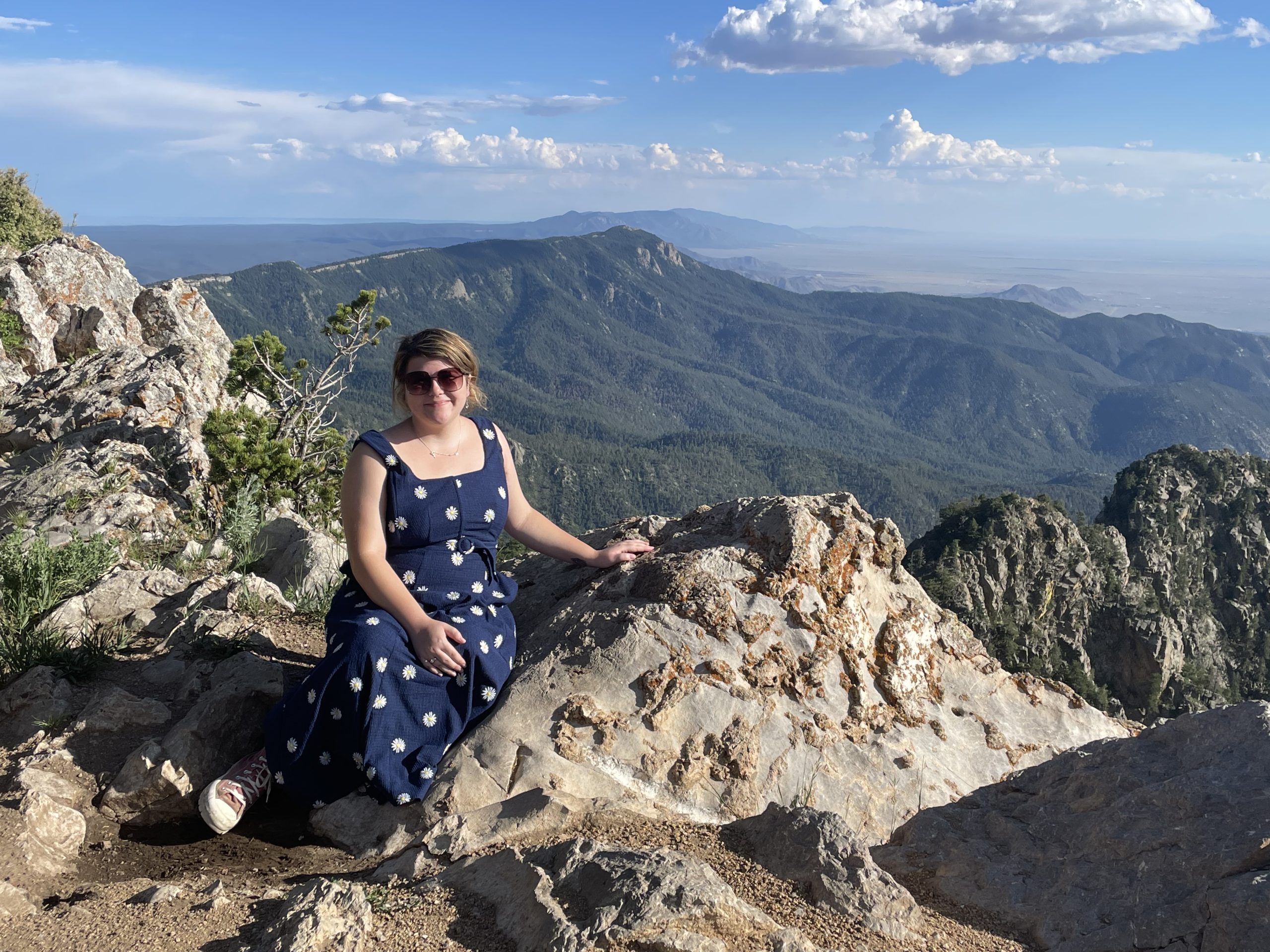My Internship at the NIGC
My Story
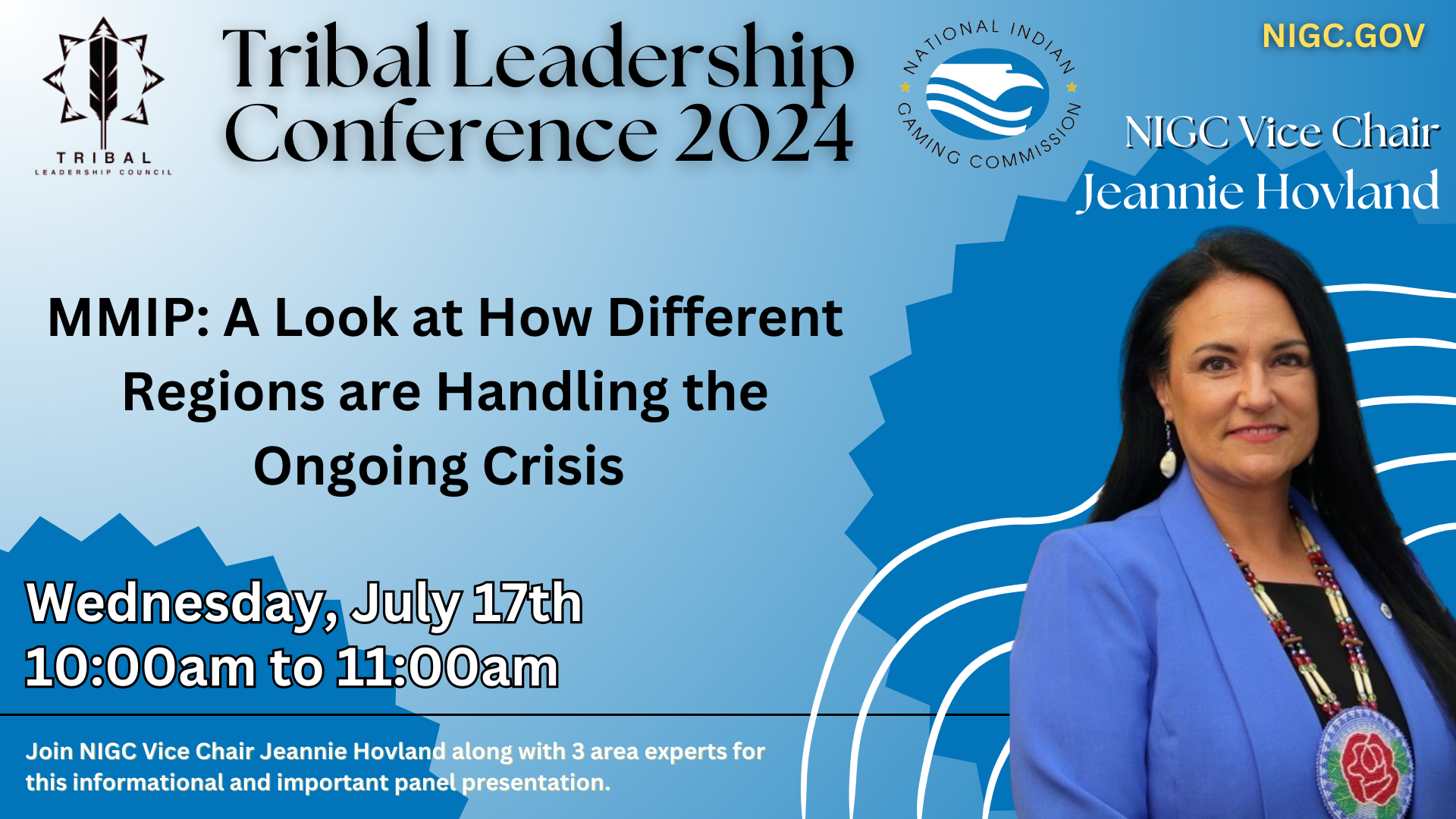



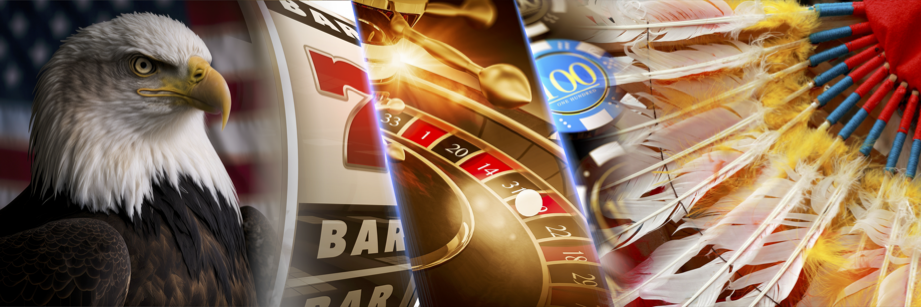
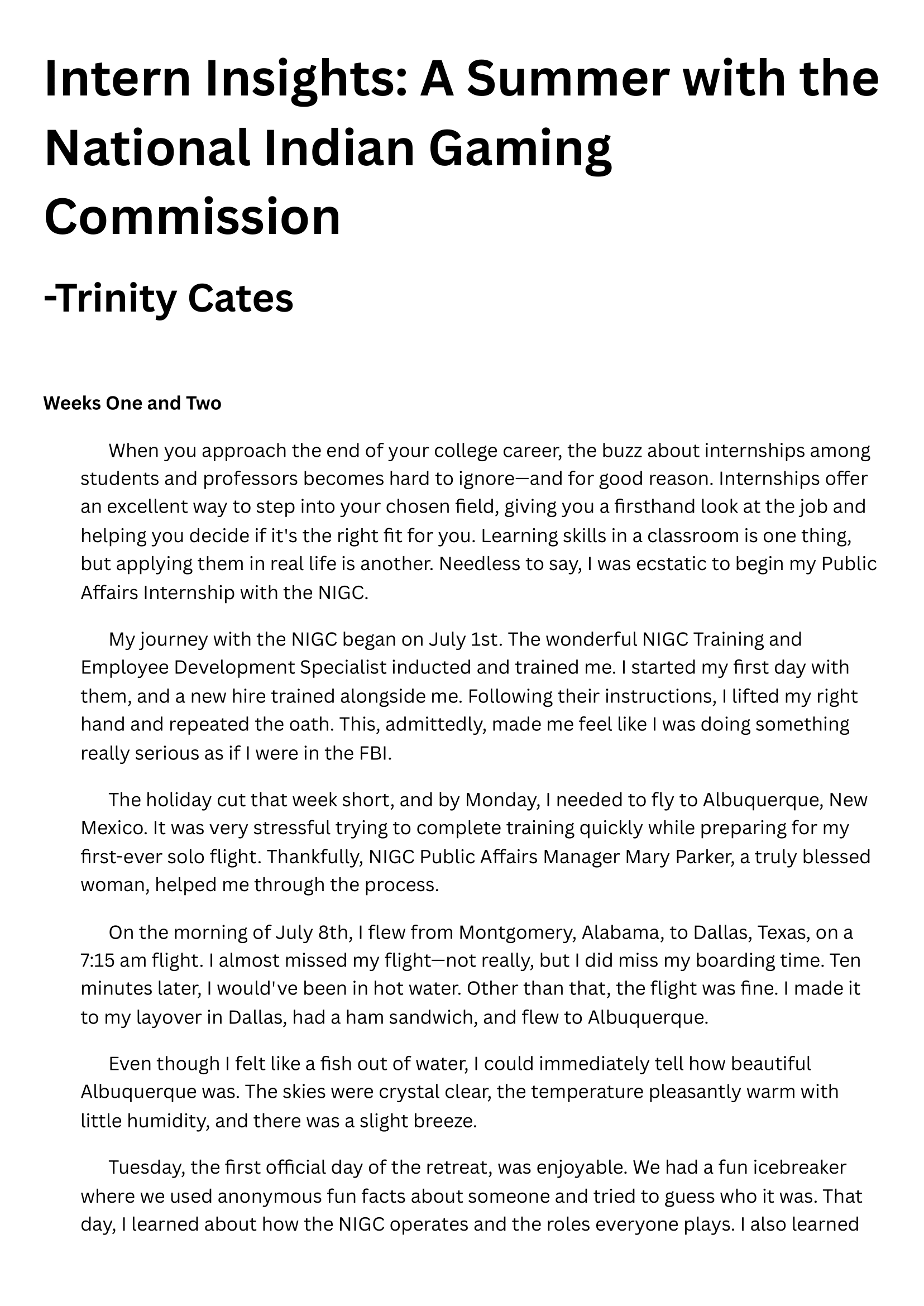
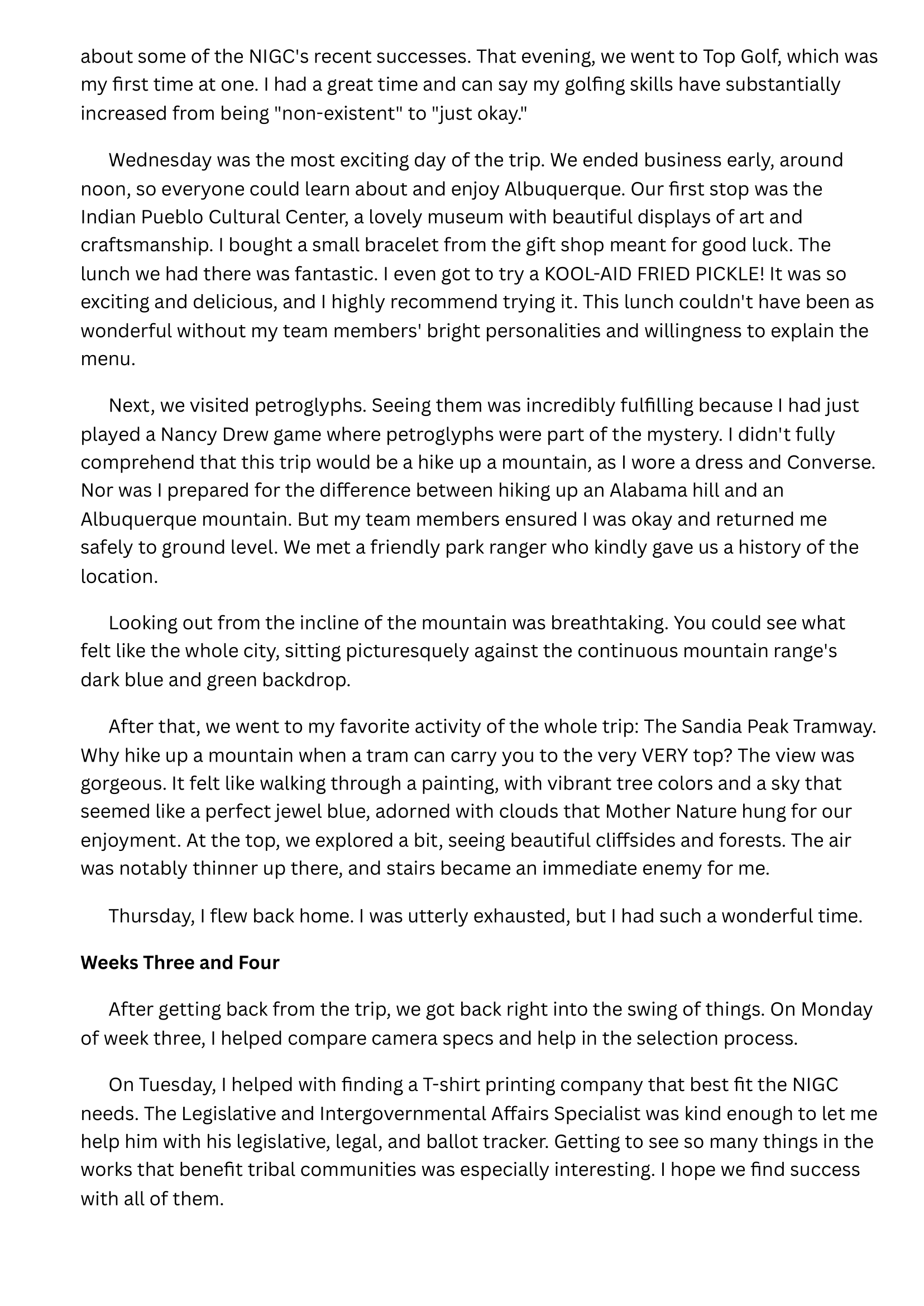
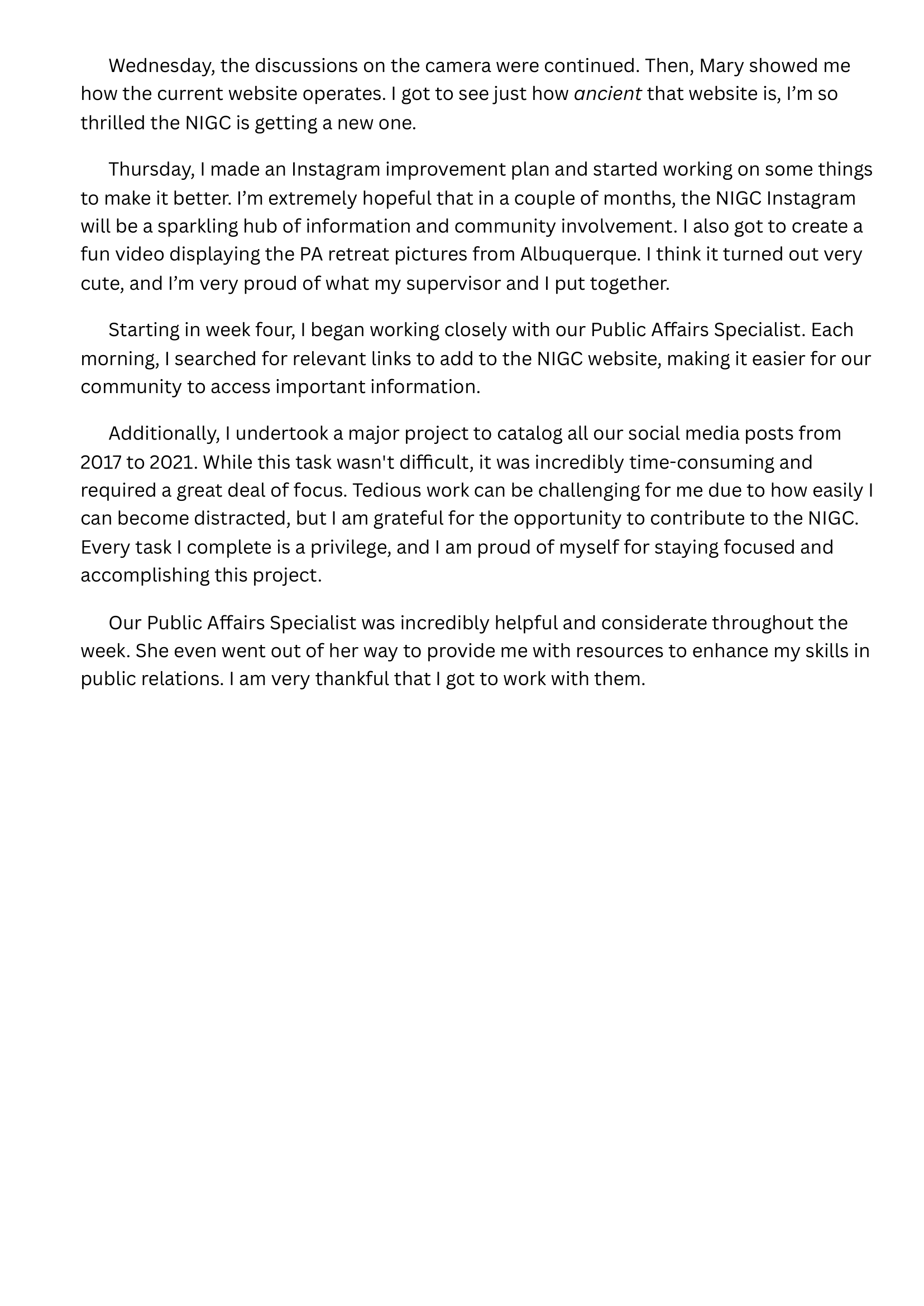
Pictures
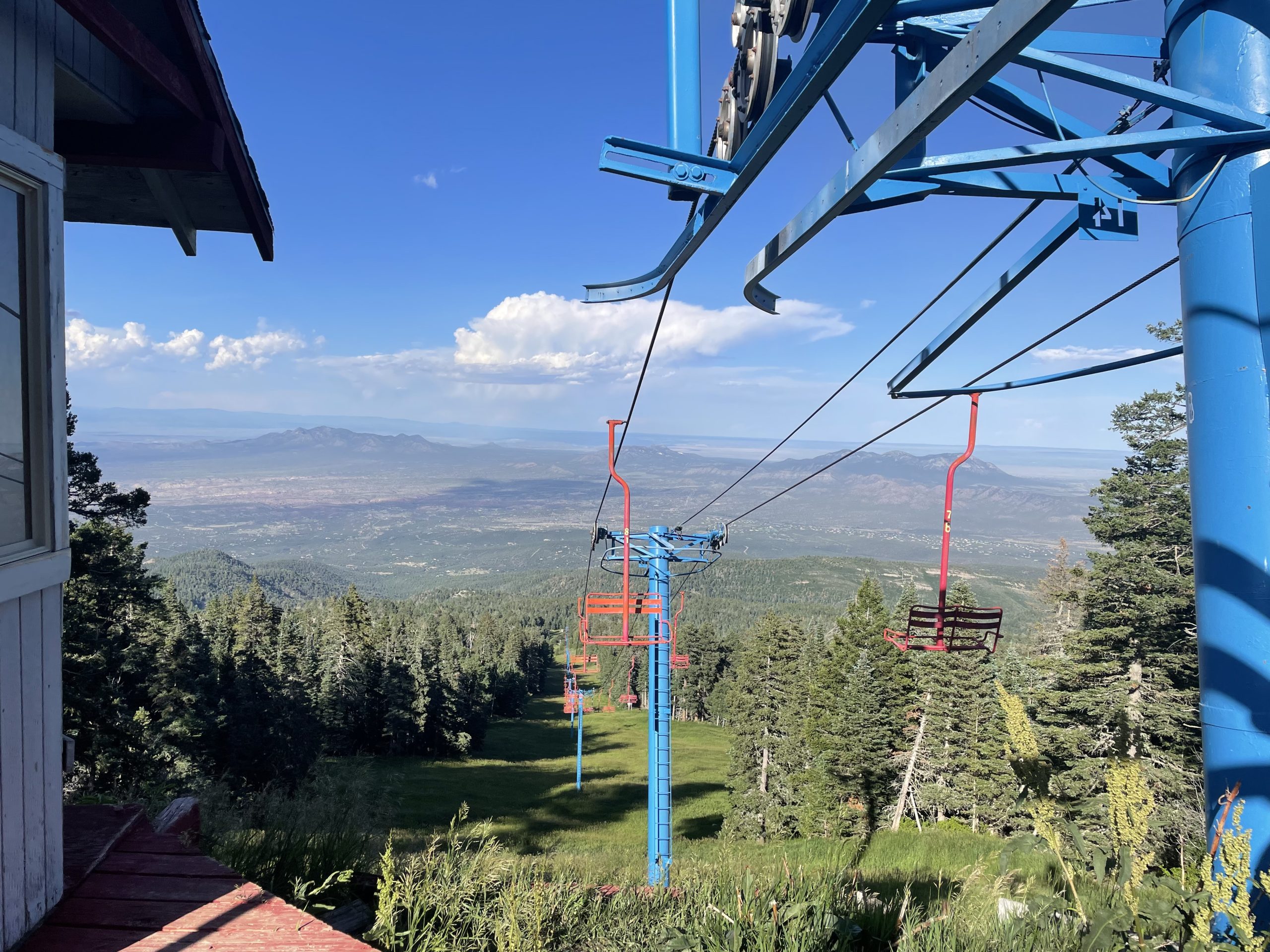
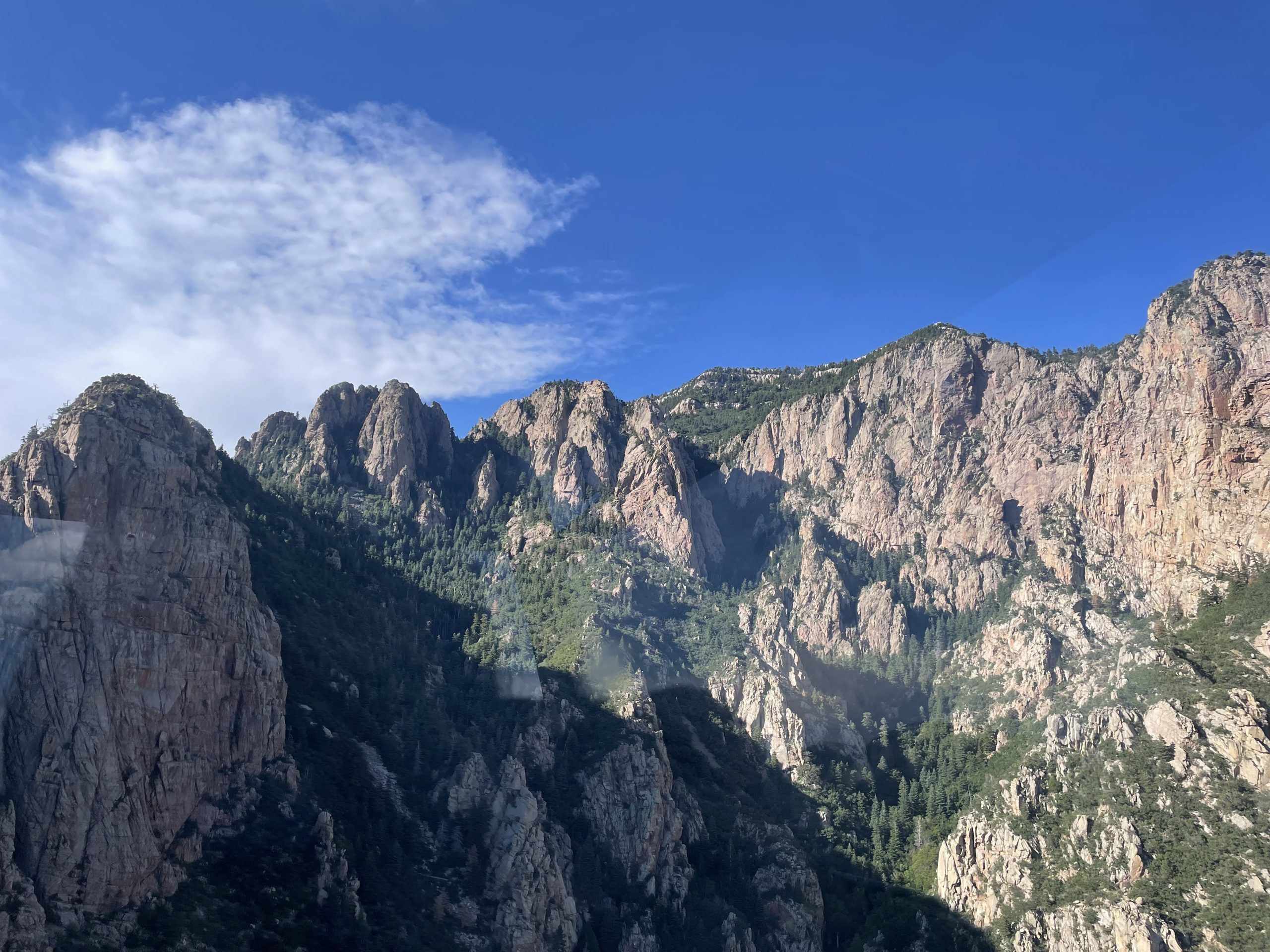
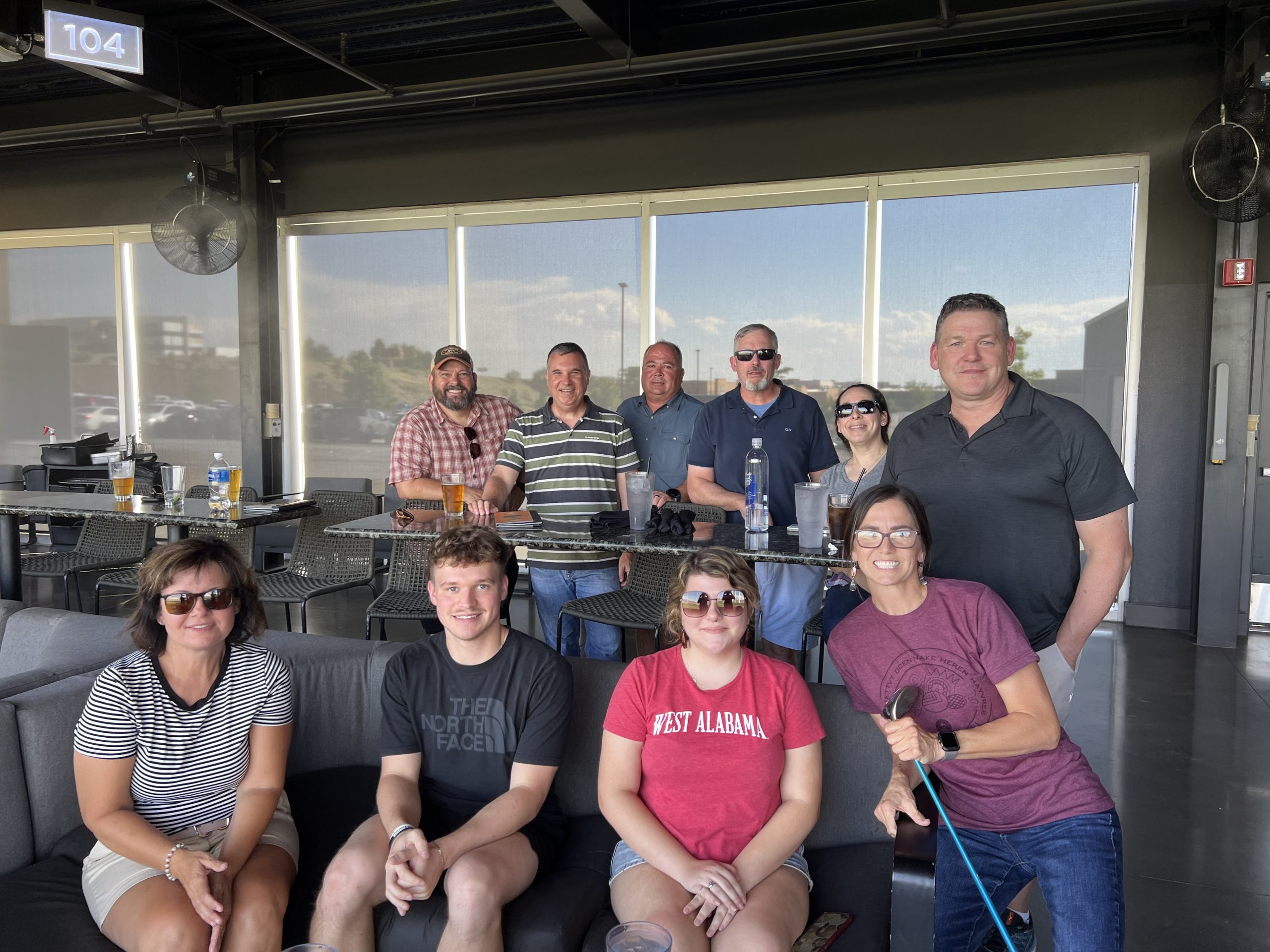
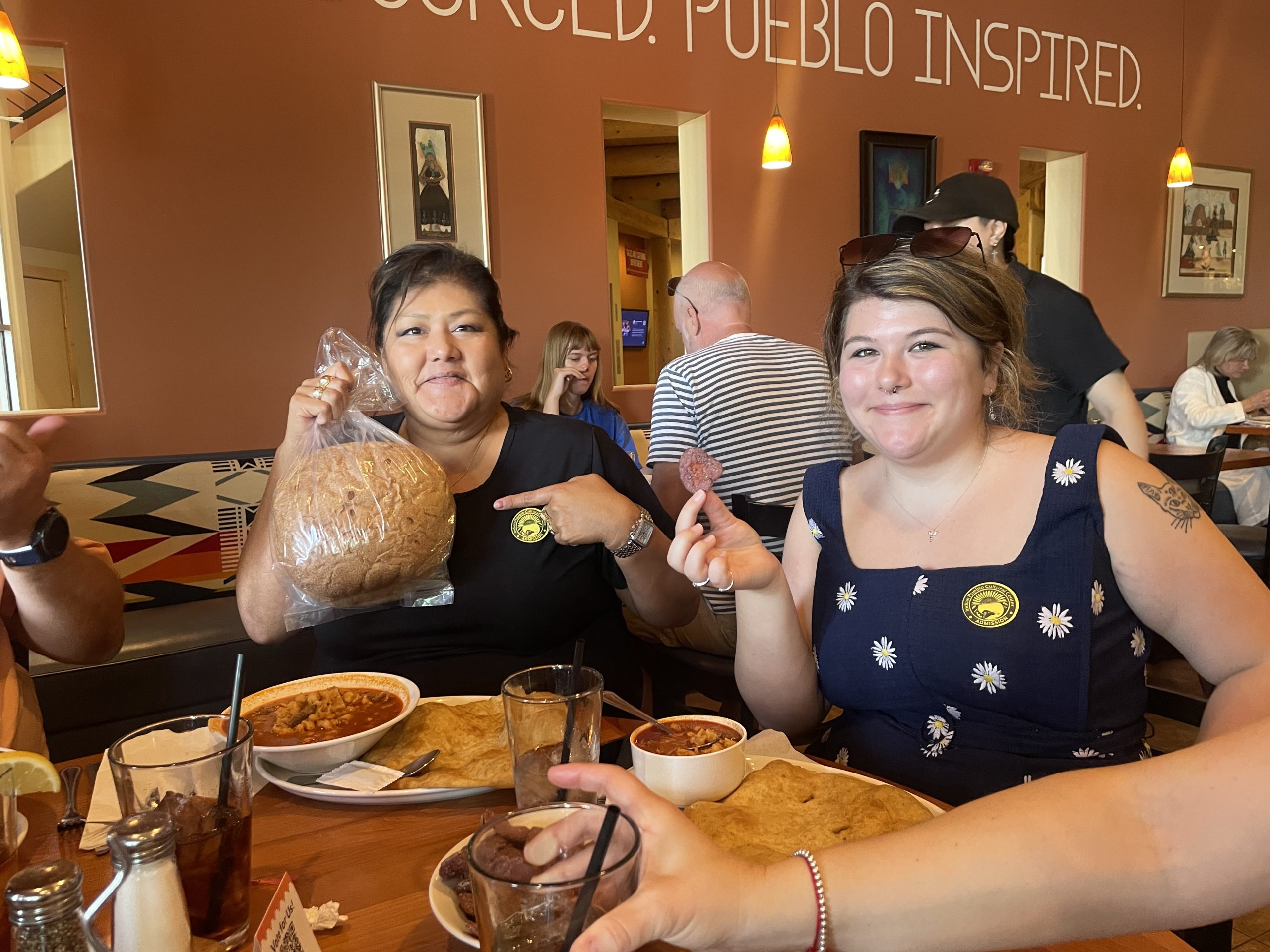

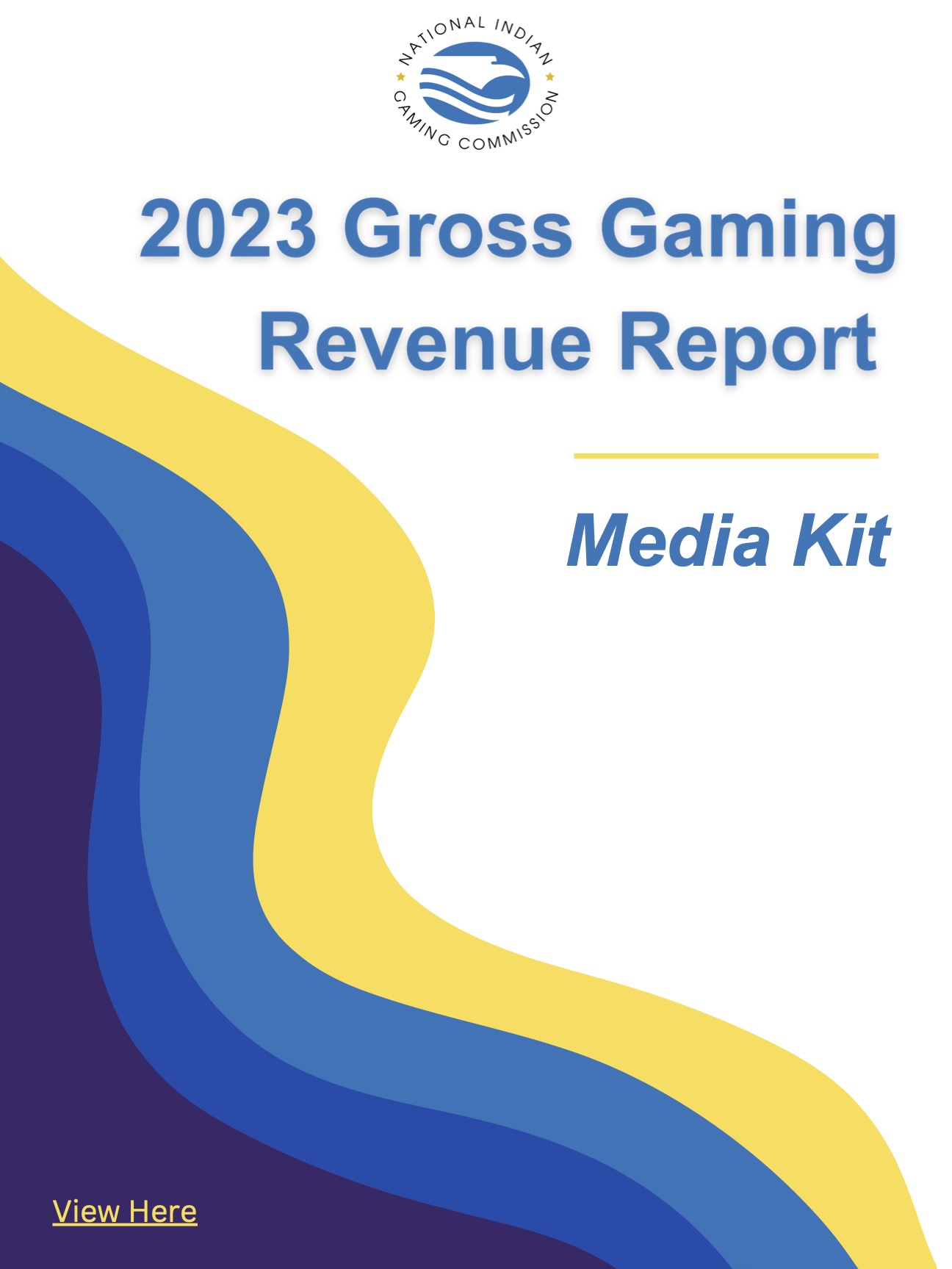

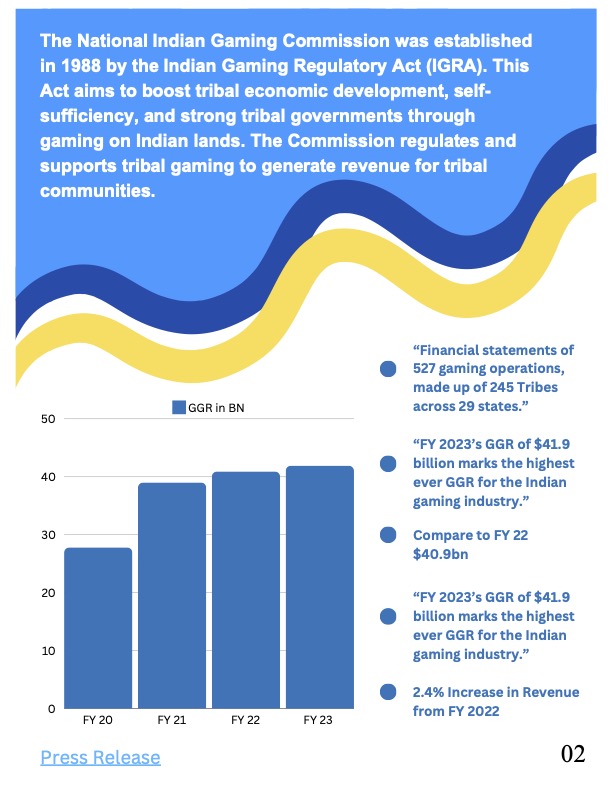


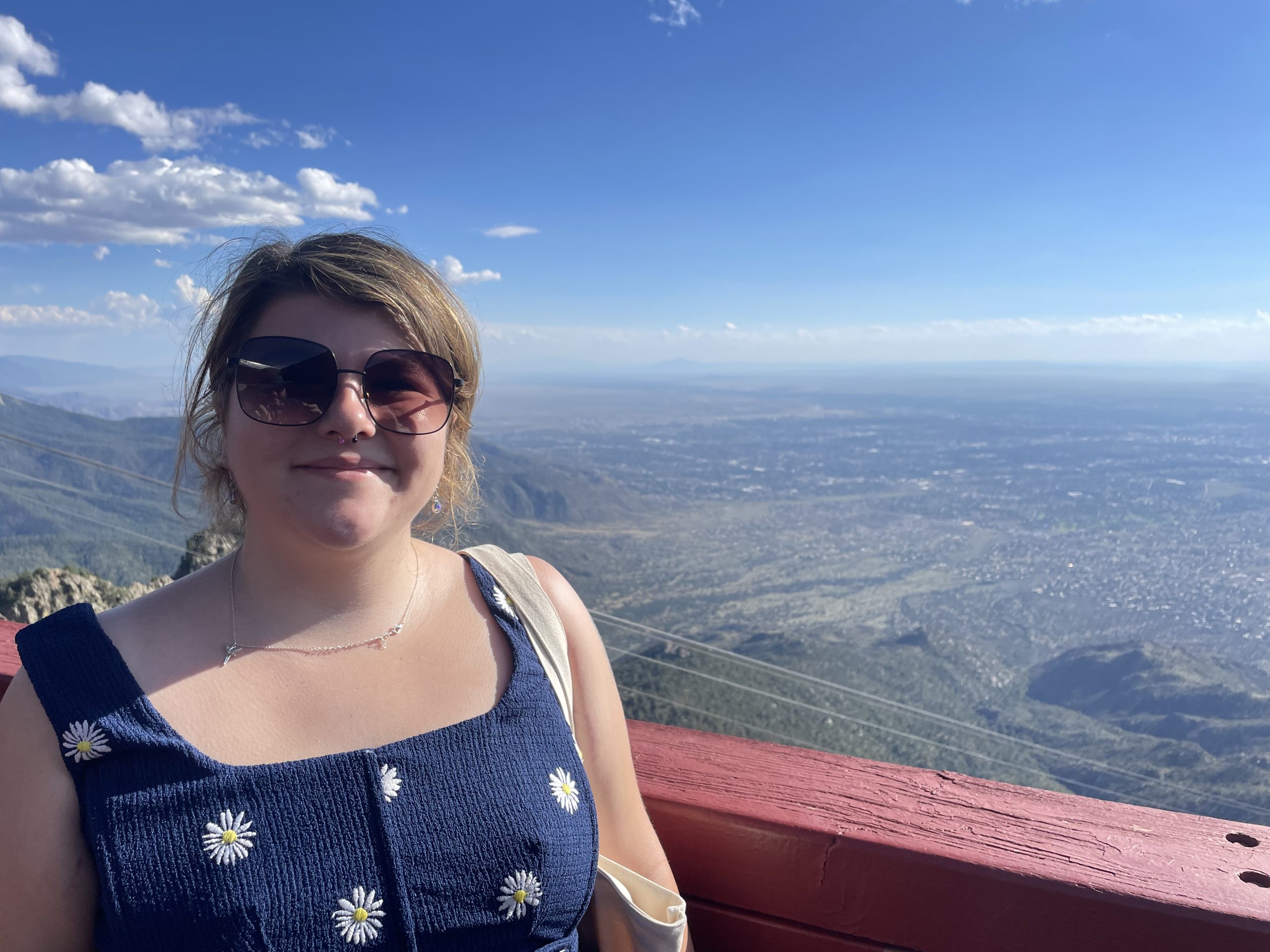
The National Indian Gaming Commission (NIGC) is a federal body created under the Indian Gaming Regulatory Act (IGRA). They regulate and assist federally recognized tribes with legal compliance in many aspects. The NIGC is primarily responsible for gaming, but it also provides support for legal pursuits such as land reclamation and the development of cannabis laws on reservations. The Commission primarily supports tribes with financial ventures, helping them navigate legally to reach economic goals. The Public Affairs Department of the NIGC is responsible for upholding the NIGC’s image, releasing information to the public, providing accessible resources, and organizing events and outreach initiatives.
This paper aims to discuss my experiences and learning outcomes with the NIGC public affairs summer internship. This internship gave me insights into communication strategy, policy advocacy, and community engagement.
I found this internship because my sister found it on USAJOBS—a common site for federal employment opportunities. The NIGC help my interview virtually. Mary Parker, the Public Affairs Manager, interviewed me. She gave me details about the internship, my responsibilities should I be selected, and an overview of the National Indian Gaming Commission. Her comments regarding my performance were better than I expected. She said she was impressed by my speaking skills and confidence. She also suggested that, in future interviews, I do more to showcase my work and skills immediately. Initially, the NIGC did not select me. However, Ms. Parker contacted me in June to offer me the position. I was ecstatic about this; this was the most exciting summer internship I had applied to. Mainly because I knew it would involve travel, even though it was a remote job.
I started on July 1st due to the extensive process of federal background investigation. When someone is selected for a federal position, many forms must be filled out and processed. The background check takes a long time because of federal regulations. The fingerprinting process was interesting because it was not ink on paper like in movies. Instead, I put each of my fingers onto a screen that then uploaded my print digitally into a federal database. I went to the Maxwell Air Force Base in Montgomery to complete this.
Some of the goals I set for my internship were to gain an understanding of NIGC regulations, improve my public relations and communication skills, improve my proficiency with relevant software and tools (Illustrator, Photoshop, etc.), and gain a deeper understanding of tribal culture and the relationship between the federal government and Native American tribes. My manager immediately set to create projects for me and get me in contact with team members who could help me achieve my goals.
My primary mentor during my internship was my supervisor, Ms. Parker. She guided me on the social media regulations for the federal government and showed me how to create graphics aligned with the goals and image of the NIGC. They taught me guidelines for professional writing to promote the company image, such as rewriting situations to give the most positive take and proper etiquette for credits.
During my internship, I was responsible for designing social media graphics, locating relevant news stories for the website, and conducting research for various projects. I frequently created graphics for social media, the website, and even for brainstorming new banners. I learned that visual media plays a crucial role in all aspects of communication.
The project I am most proud of is my “Instagram Improvement Plan,” which provides a step-by-step guide to enhancing engagement on the NIGC Instagram page. This plan emphasizes the importance of regular posts that encourage user participation and maintain a standardized aesthetic for visual appeal. I designed specific graphics to support this initiative.
In collaboration with the Public Affairs Specialist, I identified news stories to post on the website, ensuring they were relevant to our community, particularly those affiliated with Indian tribes or involved in tribal casinos or gaming venues. The Public Affairs Specialist also helped refine my writing skills, coaching me through my blog. They showed me how to write engagingly and professionally and did not cross any written or unwritten rules.
The Legislative and Intergovernmental Specialist allowed me to gain insight into the current legal bids and cases open within the tribal community. Because of them, I have a deeper understanding of the value of the work of the NIGC and the tribal communities’ culture in the United States.
During the Public Affairs Team-Building Retreat in Albuquerque, New Mexico, I met team members I would otherwise only know through email. I met the Chief of Public Affairs and the Training Manager. The retreat allowed me to form connections not only with them but with the whole Public Affairs team. Overall, this event was a successful way for me to create a network.
From my time with the NIGC, my plans for a career in public affairs have solidified. I learned a lot about professionalism, business operations, and communications. It was an invaluable experience.
I had to overcome a few challenges while working at the NIGC. One major one was adapting to working without my necessary tools. Because of some IT department setbacks, I could not start with an issued laptop with all the necessary resources. When I received one, it immediately blue-screened from unpredictable internal software problems. Because of this, I had to work with my manager to find ways around accessibility problems. This experience taught me about the importance of flexibility and patience.
When the United States was formed, both land and human rights were taken from Native American tribes, leading to the widespread impoverishment of reservations. Today, tribes exist as localized, independent nations within the United States. Indian gaming generates valuable revenue for these tribes, which is used for community development. This revenue supports the construction of homes and schools, the improvement of infrastructure, and the creation of safety nets for low-income families and people experiencing homelessness. It empowers tribes to pursue legal ventures, such as land reclamation, restoring some of their lost sovereignty.
The NIGC supports this crucial revenue stream and provides resources for tribes to expand their ventures. During my internship, I gained a deep appreciation for the vital role this agency plays in supporting Native American tribes. The work of the NIGC is essential for preserving native culture and ensuring the well-being of tribal communities.
Overall, my time with the National Indian Gaming Commission was well spent. I accomplished my goals and improved as an aspiring professional in Public Relations. The skills and knowledge I gained will undoubtedly contribute to my future success in the field.

